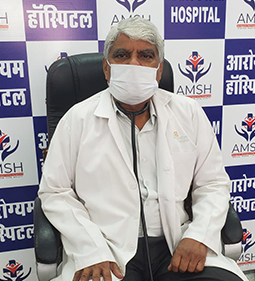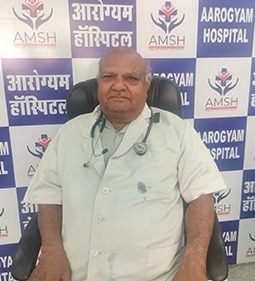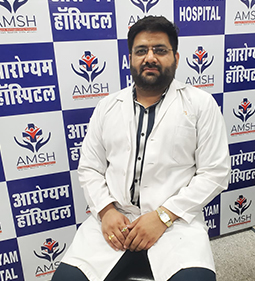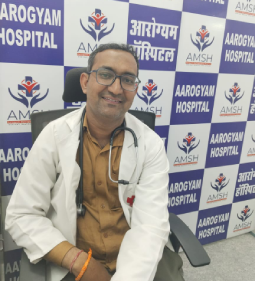
Surgical
Surgery is a medical specialty that involves using operative techniques to investigate or treat a patient's medical condition. It encompasses a wide range of procedures, from minor outpatient surgeries to complex operations requiring specialized facilities and teams. Here are some key aspects of surgical procedures:
1. Types of Surgery:
Elective Surgery: Planned surgeries that are not emergencies, such as joint replacements or cosmetic procedures.
Emergency Surgery: Immediate surgeries required due to life-threatening conditions like trauma or acute illnesses.
Minimally Invasive Surgery: Techniques like laparoscopy or endoscopy that use small incisions or natural body openings, reducing recovery times.
Open Surgery: Traditional surgeries where a larger incision is made to access organs or tissues directly.
2. Surgical Specialties:
General Surgery: Involves a broad range of procedures on the abdomen, digestive system, breast, skin, and other areas.
Orthopedic Surgery: Focuses on the musculoskeletal system, including bones, joints, ligaments, tendons, and muscles.
Cardiothoracic Surgery: Deals with surgeries related to the heart, lungs, and chest.
Neurosurgery: Involves surgical interventions on the brain, spinal cord, and nerves.
Plastic Surgery: Concentrates on reconstructive or cosmetic procedures to alter appearance or restore function.
Urology, Ophthalmology, ENT Surgery: Specialized surgeries related to the urinary system, eyes, ears, nose, and throat, respectively.
3. Preparation for Surgery:
Medical Evaluation: Patients undergo tests and assessments to ensure they are fit for surgery.
Informed Consent: Patients are informed about the procedure, risks, benefits, and alternatives before consenting to surgery.
Preoperative Instructions: Patients may need to fast, stop certain medications, or prepare in specific ways depending on the surgery.
4. Surgical Procedures:
Anesthesia: Patients are given anesthesia to ensure they are unconscious (general anesthesia), pain-free (local anesthesia), or partially sedated (sedation) during surgery.
Incision and Access: Surgeons make precise incisions to access the surgical site.
Manipulation and Repair: Surgeons perform the necessary procedures, which may include removing diseased tissue, repairing injuries, or transplanting organs.
Closure: After completing the surgery, incisions are closed using sutures, staples, or adhesive materials.
Surgery is a vital aspect of modern healthcare, enabling the diagnosis and treatment of a wide range of medical conditions and injuries. Advances in technology and techniques continue to improve surgical outcomes and patient experiences.

 DR. J P GUPTA
DR. J P GUPTA DR. RAMNATH MEENA
DR. RAMNATH MEENA DR. AASHISH MANOCHA
DR. AASHISH MANOCHA DR. VIKAS GUPTA
DR. VIKAS GUPTA